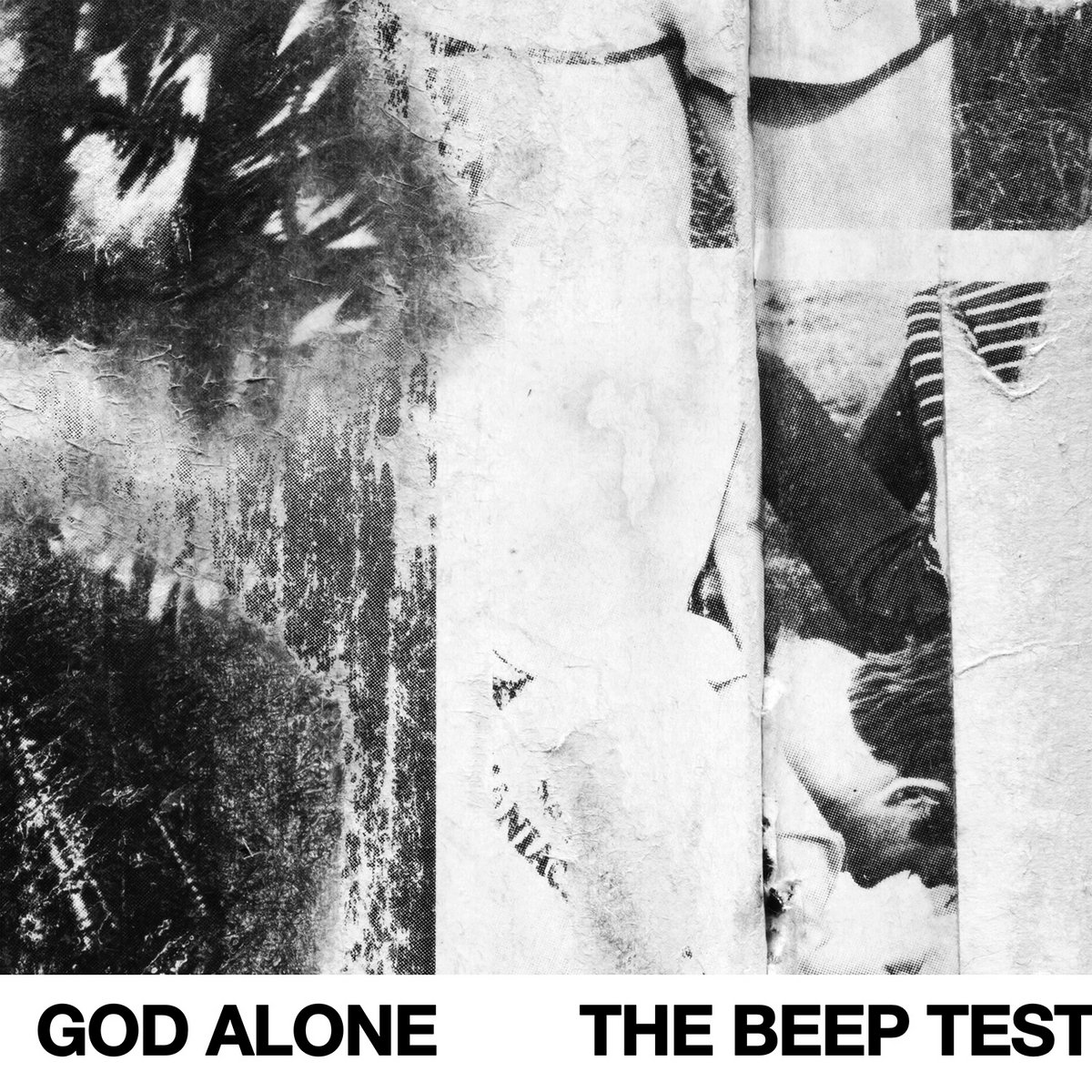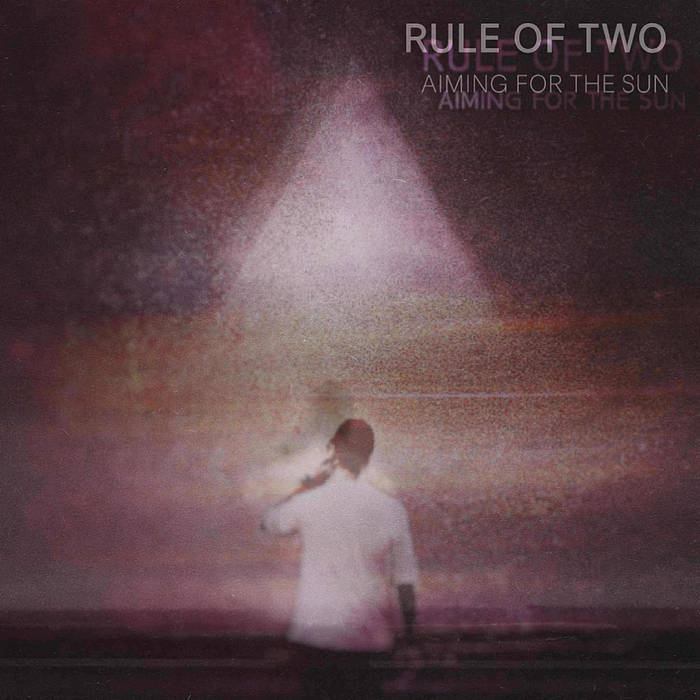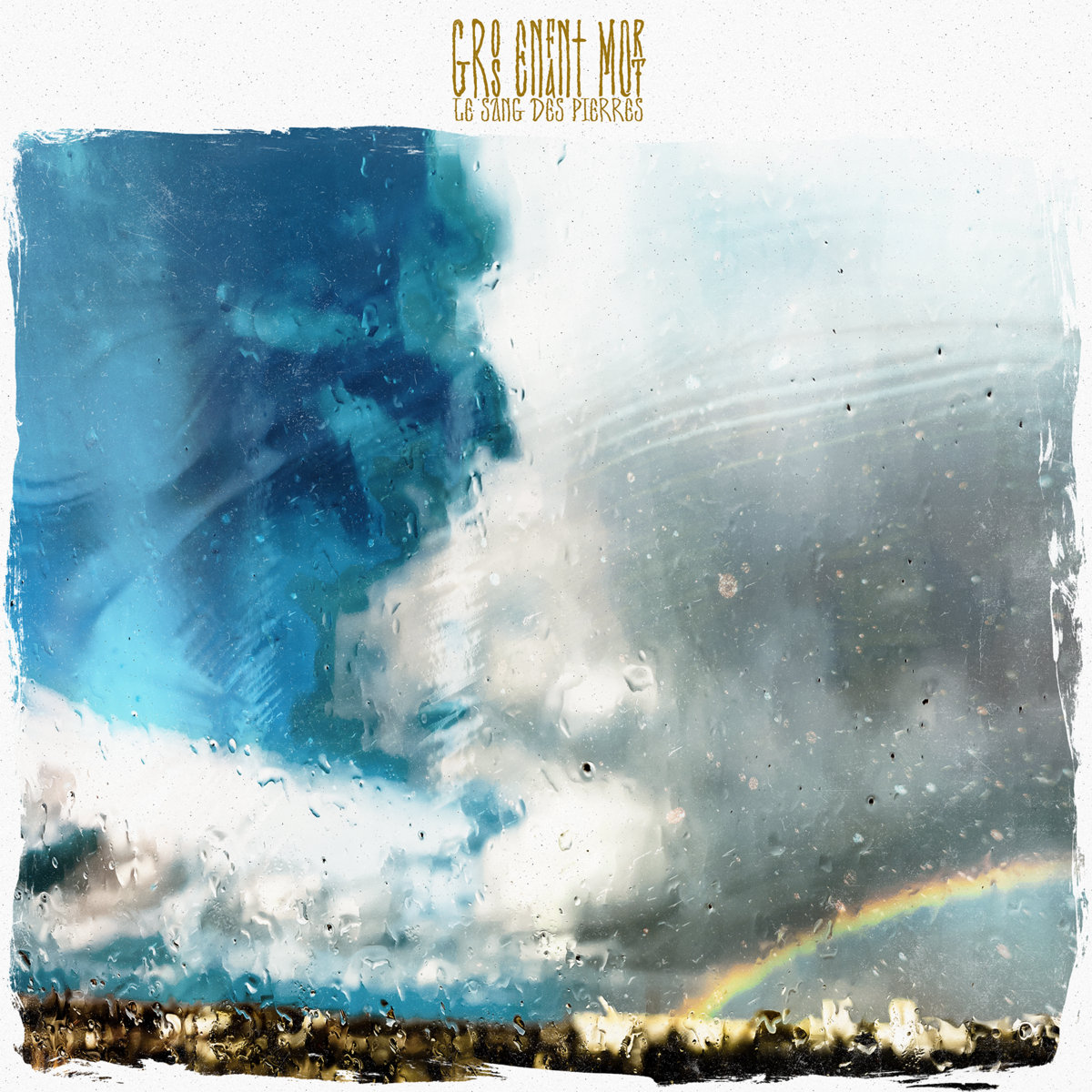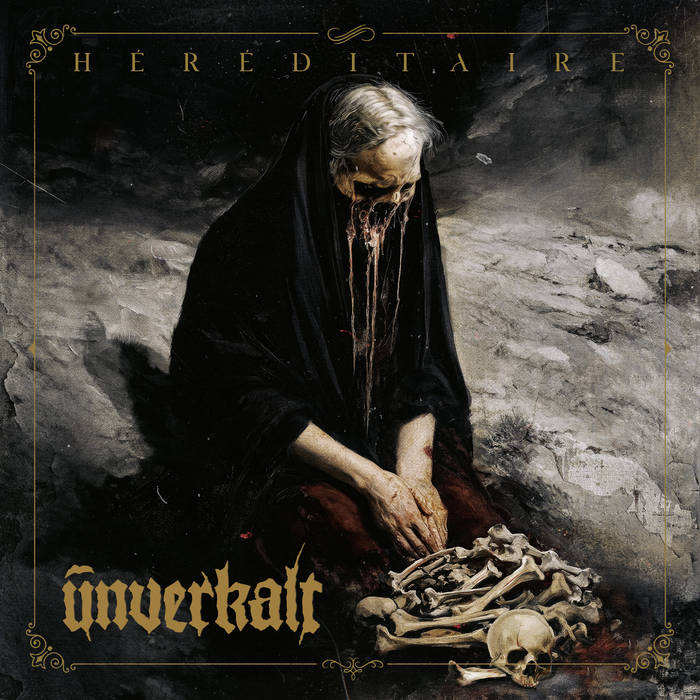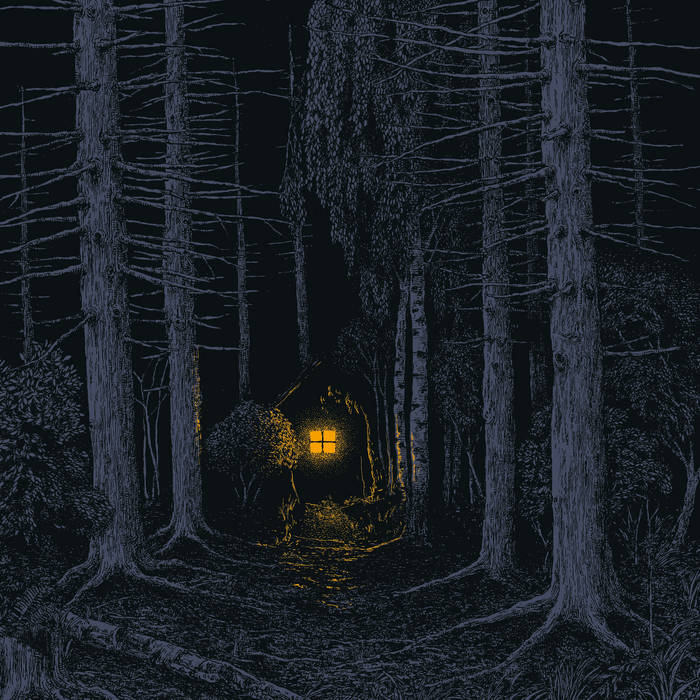On October 10, God Alone released their third full-length album titled The Beep Test, it is a blend of melodic aggression, combining the technicality of Math-Rock with the danceability of Post-Hardcore.
God Alone are a band from Cork, Ireland and their sound lies somewhere between Math/Noise Rock, Post-Hardcore, and experimental Metal.
Their new record, The Beep Test, in my opinion is the perfect introduction to their music - with nine tracks spanning 36 minutes, this record has a more pronounced Dance/Electronic element than previous releases, and listening to the album reveals a variety of sounds. Despite the diversity of the songwriting, this record has a great linearity of energy: every single song is different, incorporating a wide range of sounds, all with an incredible groove that engages the listener throughout.
Starting with the title track, “The Beep Test”, we begin to get to know the band: the drums and the bass start together with a fast-paced rhythm, alternating between fast grooves and danceable passages. The second track, “Sir Laplage”, maintains its heaviness, adding a more danceable melody and completely changing the mood from that of the previous track. Then comes “Tony Gawk” with a switch to a more violent and dissonant sound, bringing us closer to the band’s experimental metal side.
Already in the first three songs, we have three different mood changes; switching continuously throughout the nine songs, providing something new for the listener while maintaining the adhesive groove and energy that distinguishes the band: for example, “Hold Tight” showcases the band’s danceable side with a straightforward bass drum and synth bass on the upbeat, reminiscent of classic 90s dance music. The electronics enhance the atmosphere.
Going through this album, you find yourself increasingly drawn into a whirpool of emotions. Everything changes so quickly that it almost takes your breath away, but the groove is always in the heart and brings you back on track. The opening is like a controlled explosion, with skewed bass lines and shifts between heaviness and a need to dance. It is an album that can be as hard as it wants to be, but it never loses its danceable melodies, making you move your head without even noticing.
The influences that we can hear in this album range from Math-Rock to Prog beyond to the most extreme fringes of Metal, but everything seems more reasonable than the previous records. Some passages reveal a brighter, more melodic side that coexists beautifully with the band’s typical chaotic energy, creating intense and surprisingly emotional moments. Overall, The Beep Test is an album that thrives on organised chaos and carefully sculpted Noise, in which experimentation and accessibility find a more cohesive balance.
Generally, The Beep Test seems to grow in this balance: organized chaos, carefully sculpted noise and a combination with aforementioned experimentation and accessibility.
While moving between very different influences and moods, the band is able to blend them naturally, always guided by that groove that leads the album. Someone who is not used to this type of music may find it difficult to understand the album, but they will still find something that catches their attention.
In the end, I can say one thing: The Beep Test will be on my AOTY list.

